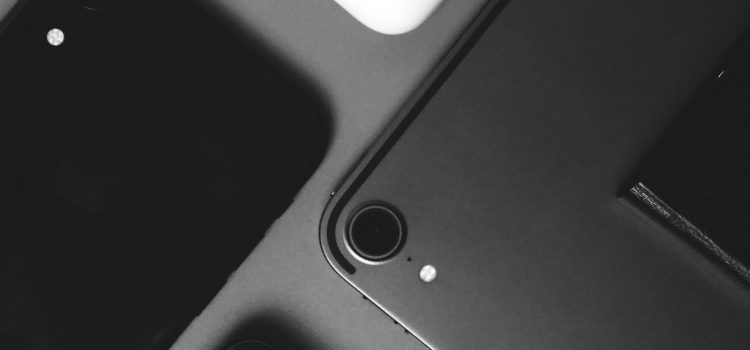
Introduction
Software point flags, generally known as beta flags, play a vital part in any point release program. As development brigades continuously deliver new updates, beta flags serve as inestimable tools for testing new features and gests while gathering client feedback for farther enhancement. In this composition, we will explore 15 stylish practices for effectively enforcing beta flags and running successful beta programs.
Start with druggies
New features frequently appear from precious client feedback. Engage with guests who give meaningful perceptivity and ideas through discovery calls. produce low– dedication prototypes using introductory interactive wire frames during the early discovery phase and conduct usability testing. This approach allows for quick testing and pivoting of ideas.
Conduct Browser- Grounded Usability Testing Before Beta Release
After developing the point, perform farther usability testing in the cyber surfer. This testing format nearly mimics real– life operation, furnishing precious results. Although limited tweaks can be made grounded on feedback at this stage, the thing is to move the point to beta release for stoner testing as soon as possible.
Choose Between Closed or Open Beta Release
Determine the type of beta release grounded on the data you need to collect. For targeted testing with a small subset of druggies, conclude for a unrestricted beta release, inviting specific druggies to test defended code.However, use an open beta release, pushing updates to the entire stoner base for feedback and bug reports, If wider testing is needed.

Avoid Concurrent Open Betas
To insure a smooth stoner experience and help inviting your development platoon, try to avoid running multiple open beta simultaneously. However, consider conducting unrestricted betas rather, If testing multiple features in beta is necessary.
Update interpretation figures as You Move Out of Beta
As you prepare to exit beta, modernize the interpretation number according to Semantic versioning norms(MAJOR.MINOR.PATCH). For a new point, the first functionary release number changes from 0.X.X to 1.0.0, with unborn updates following a major, minor, or patch update scheme.
Set a Time Limit for Beta Flags
Avoid keeping features in beta indefinitely. Set a reasonable deadline for releasing the full interpretation of the point. After this period, move the point to the coming stage in the maturity life cycle. See Your Beta Flag as an Intent to Deliver Whether using unrestricted or open beta, flash back that a beta flag signifies your commitment to transport the point. replication grounded on feedback and testing is anticipated, but the core rudiments of the point are formerly determined.
Define Conditions for Your Beta
Establish what constitutes an respectable beta for your platoon. Beta features may not meet the same norms as completely released bones , but they should still include enough environment for guests to integrate them into their operations. Set Exit Criteria for Your Bet Define exit criteria to prepare the point for full release after the beta period. The criteria will depend on the specific point being tested. Give respectable Support for Beta Release Aspre-release software, beta features can be supported else than completely released features. Define this support in your license agreements to manage client prospects.
Update Terms and Agreements to Cover Betas
Address specific issues related topre-release software and beta features in your client agreements. Cover aspects like bond disclaimers and client liabilities when using beta features. Offer Reasonable situations of Support for Beta Features While not fairly needed to give the same position of support as completely released features, it’s essential to offer reasonable support during beta to gather feedback and address high– precedence bugs.
Promote Open Beta Features in Your Marketing
Influence the beta phase to promote new features through colorful marketing channels. trial with different dispatches, illustrations, and landing runners to induce interest among implicit druggies. Precisely Choose the Name of Your Beta Program Select a name for your beta program that sets clear prospects for druggies about what you will deliver. Consider options like” Beta Program,”” Discovery Program,”” perceptivity Program,”” Explorer Program,” or” Technical Preview.” Do not Be hysterical to Retire a Beta point If It Fails Still, planning, and testing, If a beta point proves useless despite the stylish intentions. Give guests with notice and concentrate on other features rather.
Conclusion
Enforcing beta flags and running successful beta programs requires careful planning, commitment, and consideration of client feedback. By following these 15 stylish practices, development brigades can effectively test and upgrade features, eventually leading to better products and a stronger stoner community.









